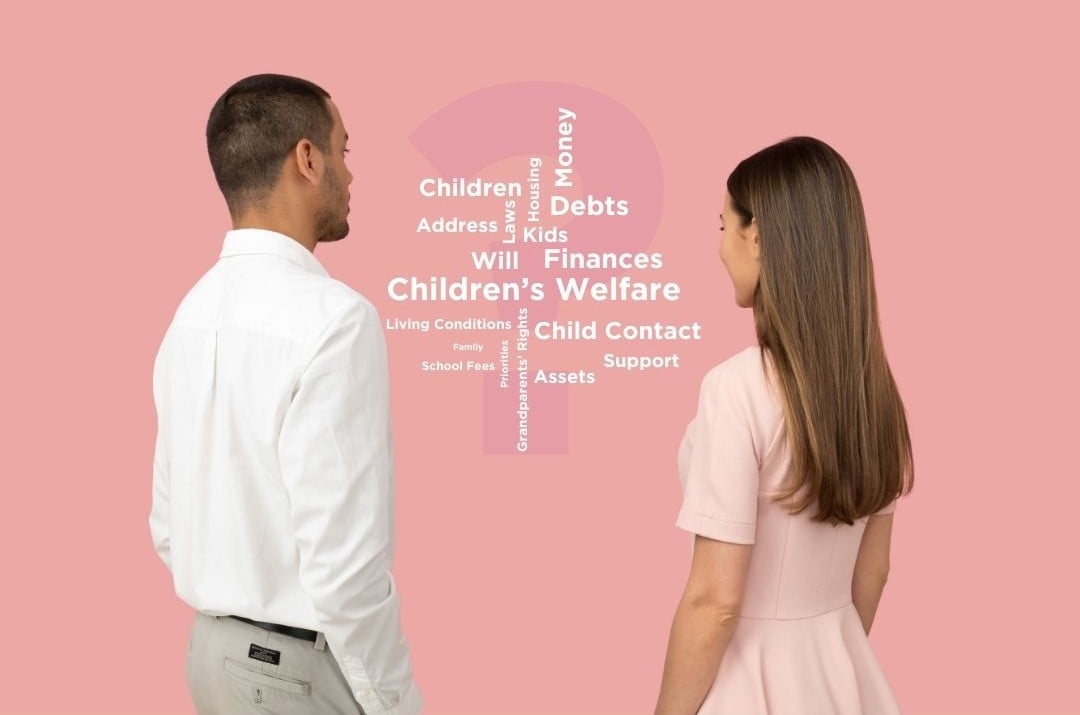
The impact on family law of the Trusts and Succession (Scotland) Act 2024
The Scullion LAW Difference – Taking the Time to Understand Your Needs Separation can be a difficult time when it...
Scullion News & Resources

Christmas is one of the most romantic times of the year. Lots of couples around this time of year discuss moving in together. People in love can experience a magical time, something worthy of celebration. When cohabiting, your legal rights differ from those of married couples or civil partners if the relationship ends. Bah Humbug I hear you say… but, much like an insurance policy, sometimes it is better to have an agreement in place just to be safe. The future for all of us is very unpredictable, but that is what makes it exciting. Each day is a gift, which is why we call it the present. A cohabitation agreement is vital to protecting your rights when cohabiting.
In Scotland, the Family Law (Scotland) Act 2006 introduced a new framework for cohabitants, creating significant legal rights and obligations. If you are cohabiting or thinking of doing so, we can advise on laws regarding cohabitation and the options available. Focus on joy and laughter as you plan for a happy future together, drinking champagne and kissing by the fire.
A couple living together as if married or civil partners are cohabitants. The Court has the discretion to determine if it accepts a couple as cohabitants. It takes into account matters such as the length of time the couple has lived together, the nature of the relationship, and the nature and extent of any financial arrangements that were in place during that time.
The rights of cohabitants include:
Death: If one of the parties dies without leaving a Will the other party may, within six months of the date of death, apply to the court for payment out of the deceased’s estate. The Court has broad discretion about the award to be made. This includes the size of the estate, any benefits already received as a result of the partner’s death, and any other claims there may be.
Financial Provision: A party can make a claim against the other for payment of a sum of money within one year from the end of the cohabitation. For example, a party may contribute to a mortgage or other household expenses while the other party owns the property. Additionally, a claimant may have had to give up work to look after a child during the period of cohabitation.
Costs of Children: In addition to child support payments, a claim can be made for a one-off lump sum to assist with the financial costs of raising a child.
Cohabiting partners should consider entering into a cohabitation agreement to formalise living arrangements. This can include details of childcare arrangements and how household bills are to be divided up. These agreements can be particularly important if the parties are buying a property together but are making unequal financial contributions to the purchase price. It records contributions to the purchase price, and specifies mortgage payment responsibilities, and their respective proportions.
Whether you’re cohabiting, considering it, or require advice on family law matters, our expert cohabitation lawyers are here to assist. Our fresh approach to legal services and our open and friendly service have earned us many industry awards and rankings. We regularly serve clients in Edinburgh, Glasgow, Hamilton, Bearsden, Bishopsbriggs, Milngavie, Bothwell, Strathaven, Thorntonhall, and across Scotland. Reach out to our Family Law experts today!

The Scullion LAW Difference – Taking the Time to Understand Your Needs Separation can be a difficult time when it...

Grandparents often play an important role in family life. They provide guidance, impart wisdom, and offer unconditional love and support...

Any separation from a partner or spouse is a difficult time for everyone, regardless of the circumstances. Even amicable separations...